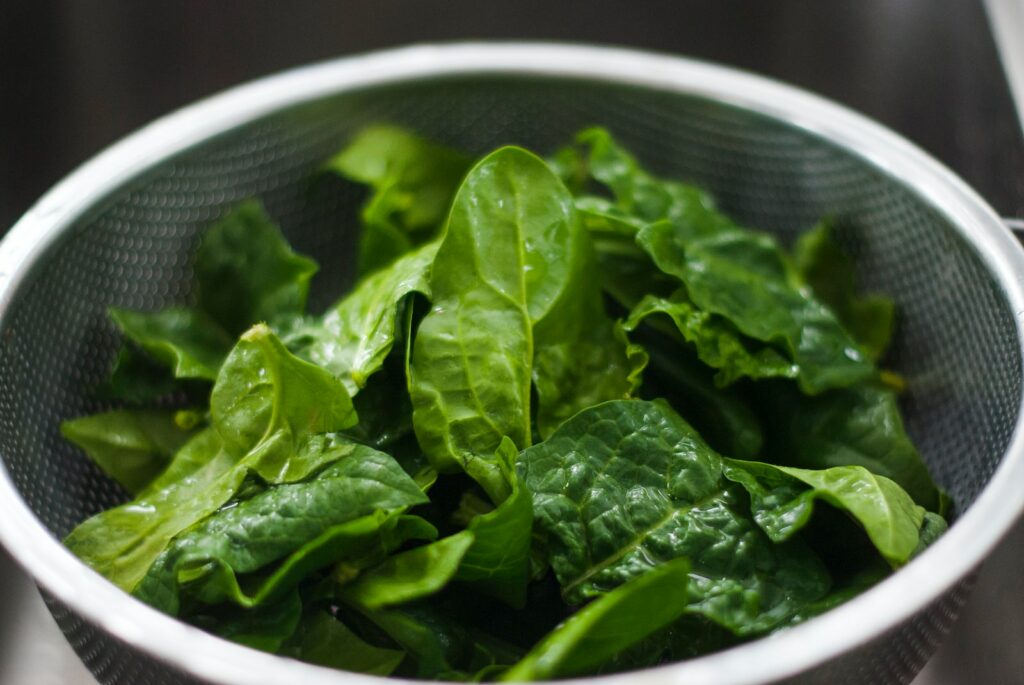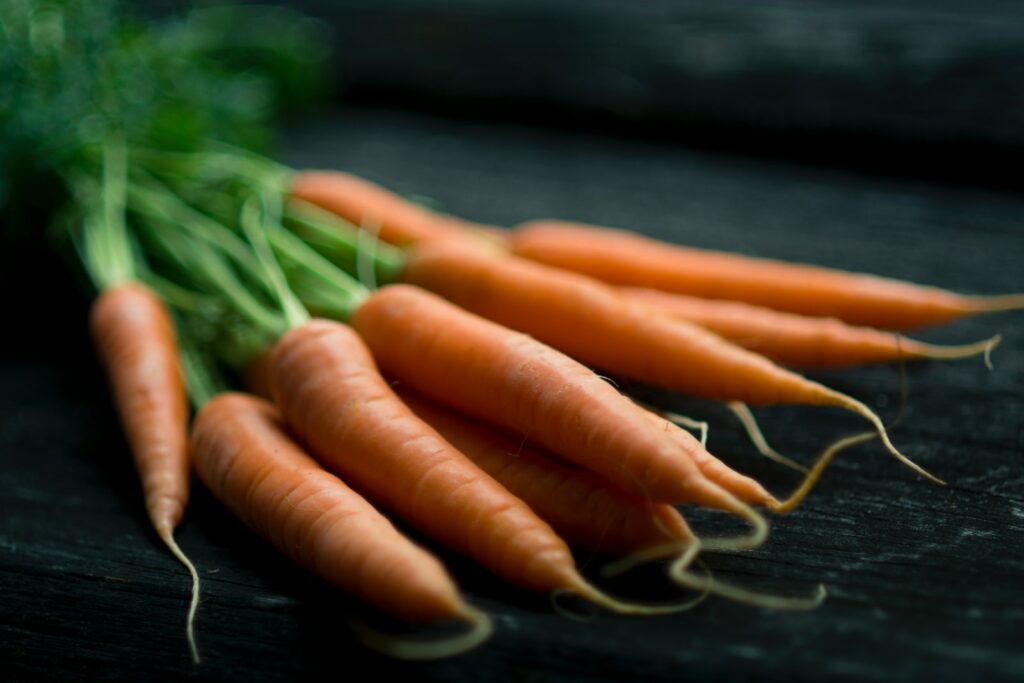
Kale is a leafy green vegetable that is packed with essential vitamins, minerals, and other nutrients. Native to Europe, kale is now gaining popularity around the world, especially in New Zealand, as a nutritious powerhouse with a wide range of health benefits. Kale is packed with antioxidants and can help protect against the damaging effects of stress, UV radiation, and air pollution. It is also high in fibre, which can aid in digestion, and is a great source of B vitamins, which are important for energy and overall health.
Nutritional Profile of Kale
Kale is a powerhouse of essential nutrients, and one of the most nutrient-dense vegetables available. Here is a list of its key nutrients:
- Vitamins: Kale is an excellent source of vitamins A, C, and K, as well as several B vitamins. It also has small amounts of other vitamins.
- Minerals: Kale has significant amounts of calcium, magnesium, potassium, phosphorus, and zinc.
- Phytonutrients: Kale contains several beneficial plant compounds, such as carotenoids and flavonoids, that can help protect the body from free radicals and disease.
Kale is also low in calories and fat, making it an ideal choice for people looking to lose weight.
Benefits of Eating Kale
Kale is an incredibly nutrient-rich and versatile vegetable. Eating it can provide numerous health benefits, including:
- Improving heart health: Kale is rich in antioxidants and has been linked to reducing the risk of heart disease.
- Boosting the immune system: Kale is packed with vitamins, minerals, and phytonutrients that can help boost the immune system and prevent illness.
- Reducing inflammation: Kale is rich in anti-inflammatory compounds that can help reduce inflammation in the body, which can help reduce the risk of chronic diseases.
- Improving skin health: Kale is an excellent source of vitamins A and C, which can help protect the skin from damage and keep it looking healthy.
How to Incorporate Kale into Your Diet
Adding kale to your diet is easy and can be done in a variety of ways. Here are a few ideas:
- Salads: Kale can be added to salads for a nutrient boost. Make sure to massage the leaves before adding them to the salad to make them more tender.
- Smoothies: Kale can be added to smoothies for an extra dose of nutrients. Add it to any combination of fruits and vegetables.
- Stir-Fries: Kale can be added to stir-fries for extra colour, texture, and flavour.
- Soups: Kale can be added to soups for extra nutrients. It is best to add it at the end as it can become bitter if cooked for too long.
Kale is an incredibly nutritious and versatile vegetable that can be enjoyed in a variety of ways. With its numerous health benefits, it is no wonder why it has become a popular choice in New Zealand.


